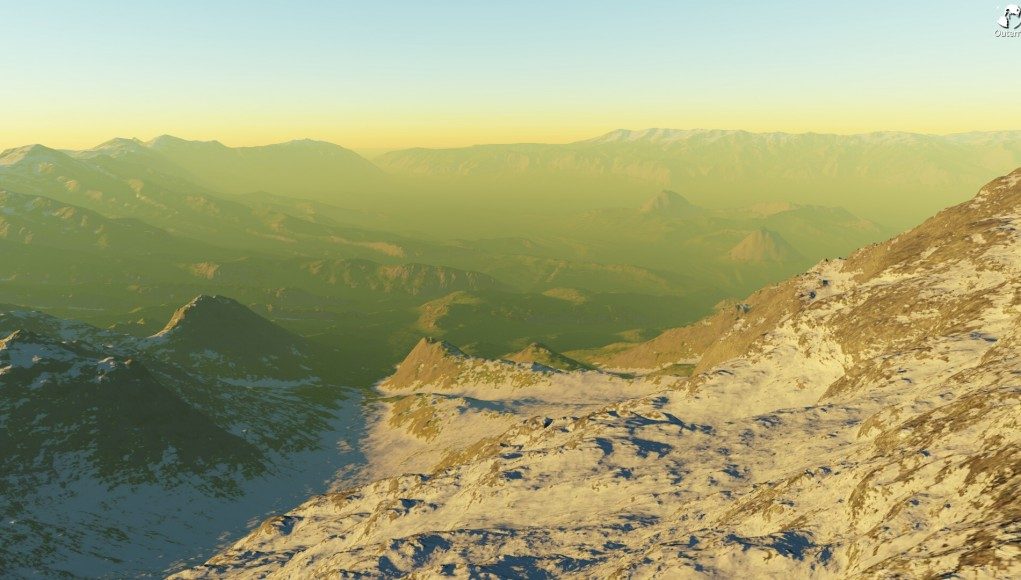Outerra is the stunning, in-development, world rendering engine that we’ve had our eyes on lately. After teasing Oculus Rift Outerra support with a few videos, the developers have released the first build to enable Rift functionality.
First, a bit of background. Outerra is a game engine. It can render a beautiful 1:1 scale Earth on which you can explore. Anteworld is a game based on the Outerra engine — it’s still in alpha, but you can get it now and support the developers for $15.
Now that we have that cleared up, it’ll make sense when I tell you that Oculus Rift Outerra support is now available in Anteworld. You’ll need to purchase the Anteworld alpha and then enable the Rift through the game’s video settings. You can get Anteworld by downloading the Outerra Tech Demo and then purchase through the demo (learn more here). The developer tells me that Oculus Rift support could come to the demo version of Outerra sometime down the road.
Be warned though Anteworld is still very much in alpha — it isn’t a full game experience just yet. Oculus Rift support is there and working, but there’s still tweaking and testing to be done. The developer warns: “There are many things that don’t work correctly in stereo mode yet. Editing tools haven’t been tested at all.”
As it stands though, Oculus Rift Outerra support is pretty cool. I dropped into a plane and had a great time flying around a huge swath of space — inside the cockpit you can see your avatar controlling the flight yolk and throttle. Rolling the plane upside down and into a dive feels disorienting and amazing at the same time. It looked a bit like this:
I’m looking forward to testing out the truck during my next visit.
I did have some issues — to be expected with alpha software — sometimes the menu didn’t work quite right with the Rift, and head tracking didn’t seem to initialize several times, though I’m not sure if that was a problem with the Rift or Outerra. Thanks to ongoing development, it’s likely that we’ll see a smoother experience soon.
The way that Outerra is handling the interface for the Oculus Rift is actually quite clever. Instead of forcing you to use the default interface in a standard window (which would be hard to read), the developer is using a virtual screen which floats up quite close to your face. You can easily look around it with head tracking, making it much easier to read.








